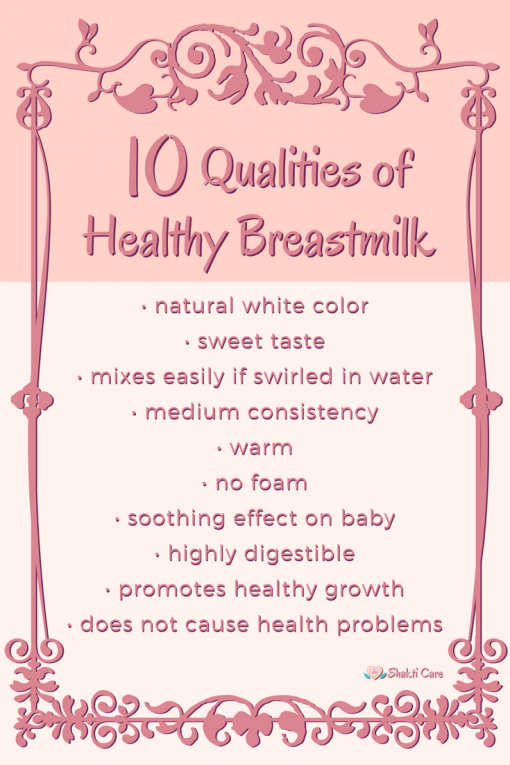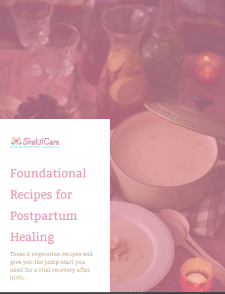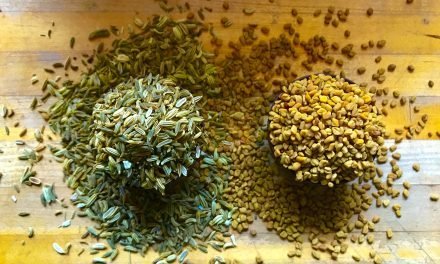
Unfortunately, breastfeeding isn’t always blissful and glorious. Truth be told, it can also be painful, emotional and downright frustrating! Postpartum challenges like breastfeeding often take mothers by surprise, and can leave you feeling unprepared and exhausted. Make sure that you do your homework on postpartum care, as well as baby care, in order to have the best possible breastfeeding experience with your newborn.
Benefits of Breastfeeding
Benefits for Baby
- Contains antibodies that fight off bacteria, viruses and infection
- Provides customized nutrition for your baby
- Lowers the risk of developing asthma and allergies
- Nurtures positive attachment and strengthens bonding
- Reduces the risk of SIDS
- Nurtures sense of security and love
- Reduces the risk of respiratory and ear infections
- Promotes a healthy digestive system

Benefits for Mama
- Maternal fulfillment
- Promotes healthy recovery
- Reduces uterine bleeding and helps the uterus regain its original size
- Lowers the risk for ovarian and breast cancer
- Releases feel-good hormones that produce emotions such as love, compassion and joy
- Promotes deep connection and bonding
- Burns excess calories (Don’t you worry about losing weight, baby will suck it out of you eventually!)
- Can delay the onset of mensuration

Breast Milk
Qualities of Breast Milk
- natural white color
- sweet taste
- mixes easily if swirled in water
- medium consistency
- warm
- no foam
- soothing effect on baby
- highly digestible
- promotes healthy growth
Are you having gas, constipation or loose stools? How is your appetite? Are you ravenous or do you have to force yourself to eat? Does the food feel heavy in your body?
If the answer is yes to any of these questions, it is likely you need to adjust your diet. It doesn’t work to just eat whatever, if you want to have a smooth and healthy recovery. Diet is very important, please prepare accordingly.

Colostrum ~ Baby’s First Food
Milk Supply
Breastfeeding is a supply and demand feedback system. The more your baby suckles, the more milk your body with produce. Supplementation and/or complementary feeding with formula is not recommended, as it disrupts the supply and demand of your milk supply, leading to a unsuccessful breastfeeding experience.
The most important things that influence milk supply is frequency of baby’s suckling, proper latch as well as your own postpartum health. If your baby is producing 6 wet diapers a day, you have nothing to worry about. To optimize your milk supply, add lactation tea and mother’s hot milk tonic to your daily postpartum diet 🙂

Breastfeeding Timings
Initiation of Breastfeeding
First Few Days
Onset of Lactation
Frequency of Breastfeeding
After 2 weeks, space out feedings every two hours or so. This is important for your baby to properly digest the milk given in each feeding. If you nurse more frequently than that, you will be putting fresh sweet milk on top of sour milk, which will cause digestive discomfort and the accumulation of toxins in your baby.
If your baby is going through a growth spurt or your milk is thin, you may need to breastfeed more frequently for a few days.
Night feedings are important aspect of successful breastfeeding. Your newborn will be hungry during the night and it is important to continue to meet their needs. Breastfeeding around the clock keeps the supply and demand feedback loop in check and ensures the continuation of ample supply, while not having uncomfortable excess! If your baby is having a nice extra long snooze, you may need to use a breast pump or expel some breast milk by hand.
Do not limit the time on each breast. Let baby suckle each breast until content. The fat content increases with time and is important to your baby’s health.
Breast Comfort & Health
Nipples
Don’t use soaps or creams on your nipples. For tender or cracked nipples, rub your breast milk, ghee or Vitamin E oil into your nipples. Also exposing your nipples to sunlight, a little fresh air, and eating oils high in EFA’s will help with nipple discomfort.
Breast Congestion
Mastitis
Mastitis often is the result of the mother being too active and not getting enough rest. Make sure you are taking plenty of rest. Mother’s massage, hot baths and warm compresses with ginger tea are stimulating for circulation and are helpful for breast congestion and mastitis.
Breastfeeding Tips
- If you are having anxiety, go for a hot milk tonic rather than a glass of wine. It will calm your nerves, aid your digestion and boost your milk supply.
- Hold your baby across your body, or under your shoulder in the “football hold.” Make sure their feet are lower than their head while nursing to aid proper digestion.
- Make sure baby gets a mouthful of breast and not just the nipple. A good latch and suction is essential for successful breastfeeding.
- If your milk is flowing out too fast, your baby might gasp for air, accidentally swallowing air bubbles. This can cause them gas and discomfort. If this is a problem, gently unlatch their hold for a few seconds and press your forearm against your breast until the flow slows down to manageable.
- After breastfeeding, burp your baby by bringing them to an upright position and gently pat their back, encouraging any air bubbles to exit their mouth.
- If you are on medication, it is likely that your milk will not be suitable for your baby for the duration (make sure to consult your doctor!) Should you need to take a break from breastfeeding, you can use a breast pump to keep up your milk supply up and resume nursing once you get the go ahead from your doctor.
- If you have a premie, it is even more important for your baby to receive the specialized nourishment of breast milk that only you can provide.


Support Resources
- Have some experienced breastfeeding mothers to call on for support. They are a fantastic resource for questions and support. Don’t be shy!
- Find breastfeeding support in your area through La Leche League International. Click here to join La Leche League International’s Facebook group.
- For latch problems including inverted nipples and tongue-tie, please seek the advice of a professional lactation consultant.
Mama ~ You Got This!



















Very helpfull information!!! Thank you …. I am 6months pp but always have a feeling of low milk supply i wll really try hot milk tonic and lactation tea.